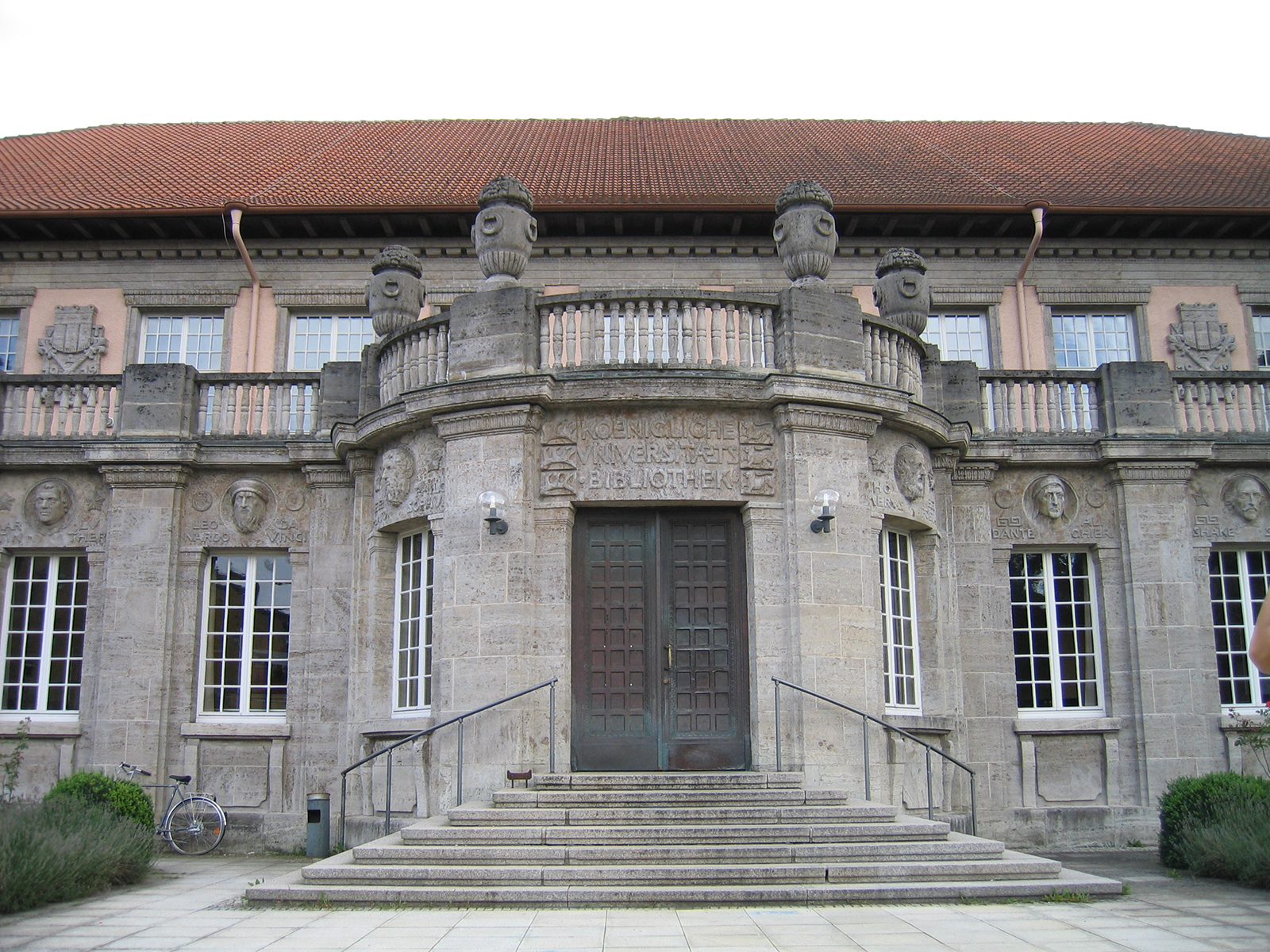University of Tübingen: University of Tübingen celebrates ten years of LEAD
Empirical educational research is celebrating the tenth anniversary of the LEAD research network at the University of Tübingen. “Since 2012, the network has played an essential role in making Tübingen one of the world’s leading locations for empirical educational research and educational psychology,” said the co-director of LEAD, Professor Ulrich Trautwein. The scientists involved are celebrating the anniversary with a three-day conference from 19.-21. October.
LEAD started as a graduate school, which was funded from 2012 to 2019 as part of the Excellence Initiative of the federal and state governments with a total of nine million euros. Since then, the university and the state of Baden-Württemberg have guaranteed continued work. From 2016, the graduate school expanded into a research network, which today brings together more than 100 scientists from twelve disciplines and more than ten nations. So far, 86 doctoral students have successfully completed their doctorate within the framework of LEAD.
“Together they have made a significant contribution to Tübingen becoming one of the most productive locations in the world in educational psychology,” said Trautwein. The educational researcher referred to the results of a global ranking published in the journal Educational Psychology Review. The University of Tübingen took fourth place and was the only scientific institution in Germany to make it into the top 20. The ranking is led by three US universities.
“LEAD conducts the best possible research and trains the next generation of education experts,” said the director of the Leibniz Institute for Knowledge Media, Professor Ulrike Cress: “Both are needed more than ever – the sobering results of the IQB education trend show this emphatically .” The Institute for Quality Development in Education (IQB) published the Education Trend 2021 on October 17. The study came to the conclusion that around a fifth of all fourth-grade students did not even reach the minimum standards when it came to reading and arithmetic. In spelling it is even 30 percent.
The anniversary conference of the research network will take place in the rooms of the Tübingen Museum Society. Researchers from twelve disciplines will discuss topics such as digitization in schools, the importance of reliable scientific knowledge for school development and the dialogue between science, schools and the public. Interested media representatives are cordially invited to the meeting. Registration is requested via [email protected].
The abbreviation LEAD stands for Learning, Educational Achievement, and Life Course Development, which can be translated as “learning processes, educational success and development over the course of life”. LEAD connects researchers from different disciplines such as educational science, psychology, computer science, mathematics, economics, sports science and child and adolescent psychiatry. Experienced researchers coach the younger ones and support them in networking, including with international colleagues from more than ten countries around the world. LEAD maintains partnerships with 27 schools, which means that the studies of the research network are characterized by a close proximity to practice.
Cooperation across disciplines enables research into the diverse factors that determine the educational success of students. These include talent, motivation, social background, teaching quality and the sensible use of learning media. In addition to the University of Tübingen, the Leibniz Institute for Knowledge Media (IWM) in Tübingen and the German Institute for Adult Education – Leibniz Center for Lifelong Learning (DIE) in Bonn are also involved in LEAD.

